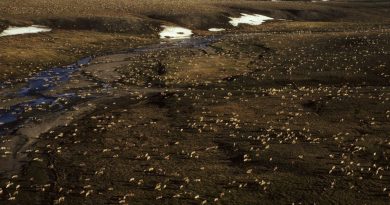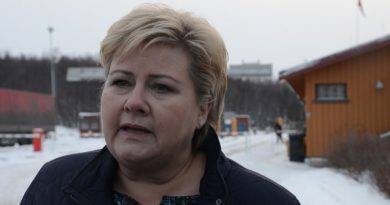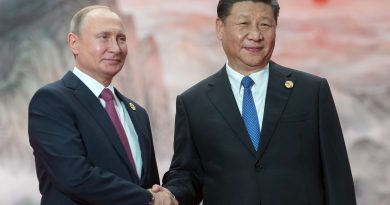First Nations in northwestern Canada fed up with education system, after auditor general’s report
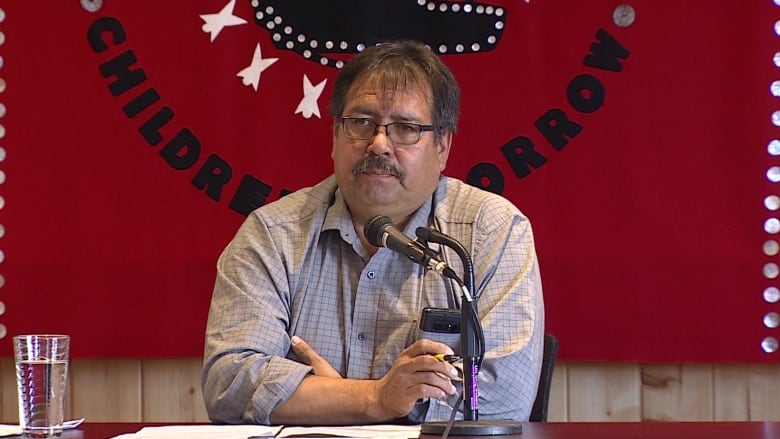
First Nations leaders in Yukon, northwestern Canada, are blasting the territorial government for failing Indigenous students, and saying it’s time that First Nations take more control over education.
It follows the release this week of an auditor general’s report on education in Yukon. That report described how the Yukon government has not done enough to improve outcomes for Indigenous and rural students, or to figure out why they’re more likely to fall behind and drop out.
“We’re still at the table going through the same situation, where nothing’s changed — and now it’s time for a change,” said Bob Dickson, chair of the Chiefs Committee on Education (CCOE), an independent body that advocates for First Nations education in Yukon.
Dickson says the auditor general’s report makes it clear that Indigenous people have a different way of learning, compared to non-Indigenous people.
“We have a traditional way of learning that is more oral than the European way of learning, where everything’s in books and on text and on paper. I think we have to find a balance,” he said.
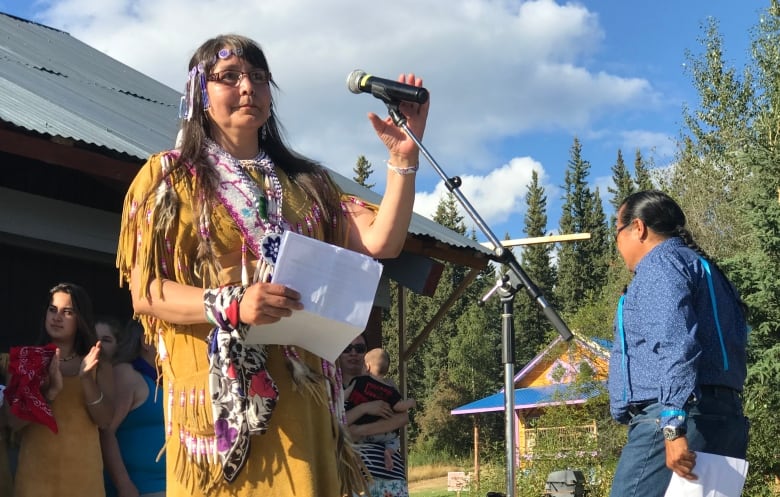
In a statement, Tr’ondek Hwech’in Chief Roberta Joseph called it a “critical situation,” and blamed the territorial government for not ensuring an equitable education for Indigenous students.
“Equity does not mean equal, it means accessing opportunities tailored to support learners to be successful,” Joseph said.
‘Discussions are going poorly’
Education minister Tracy-Anne McPhee told CBC on Wednesday that she accepted the auditor general’s findings, but said her government was “on the right track” to making changes. She said the government is determined to work with First Nations to improve things.
But Dickson scoffs at that. He said a meeting this week between the CCOE and the minister was frustrating.
“Discussions are going poorly,” he said.
“It’s the whole attitude of [the Yukon government] having control of the education system in the Yukon and not wanting to give up any of the jurisdiction to First Nations,” he said.
“[The government]’s attitude of, ‘it’s our department and we’re going to control it’ doesn’t fly for us anymore. We’ve been doing this, you know, for far too long.”
Dickson, who’s chief of the Kluane First Nation, gave an example of how he feels the territorial government is failing rural communities. He said the Kluane Lake School in Destruction Bay only goes up to Grade 7, and students then have to leave their community for high school.
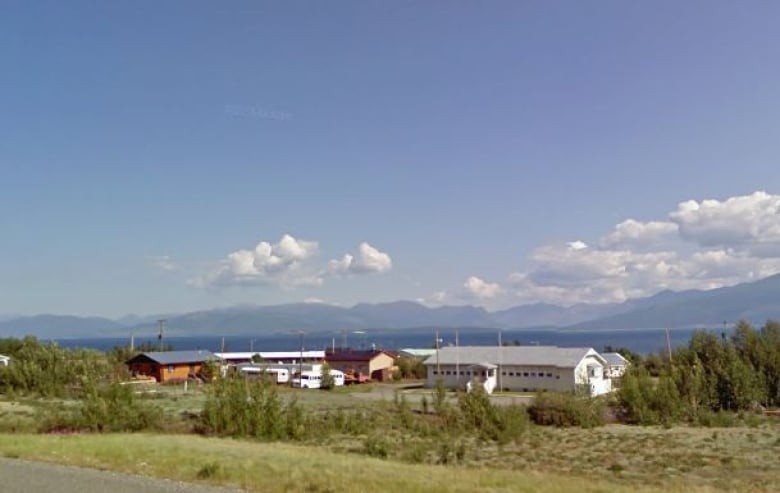
Dickson said his First Nation has asked for a high school teacher at the Kluane Lake School — but the education department has said no.
“It’s disappointing that they don’t want to put the resources in our communities, to build capacity and keep families in our communities,” he said.
According to Dickson, First Nations need support to make their own decisions about education.
“It’s not a [Yukon government] ‘take it or leave it’ attitude, it’s First Nations taking control of their own destinies,” he said.
With files from Dave Croft
Related stories from around the North:
Canada: Leaked report says teacher education program not sufficient in Nunavut, Arctic Canada, CBC News
Finland: New climate studies program coming to schools in Finland, Yle News
Sweden: Inequality a problem in Swedish schools: UNICEF report, Radio Sweden

